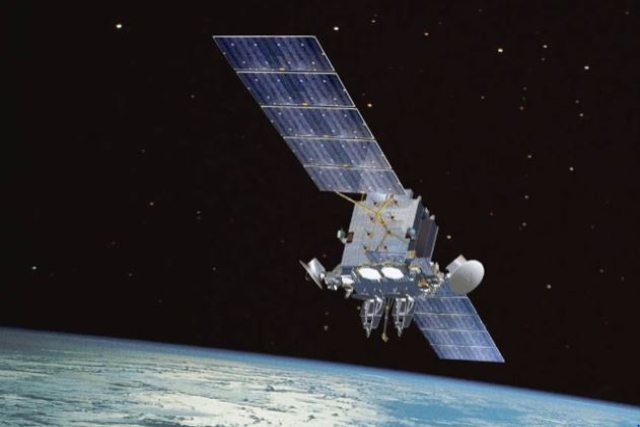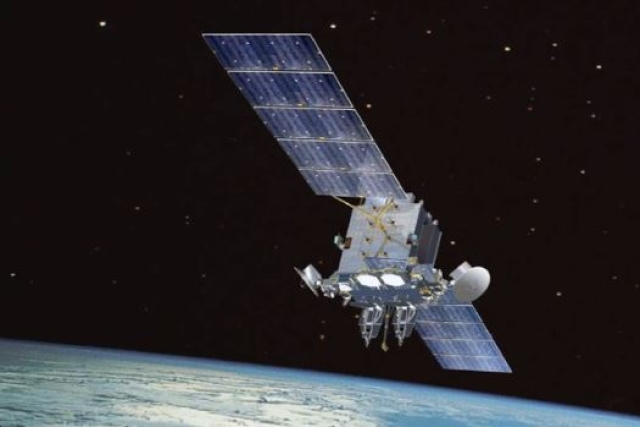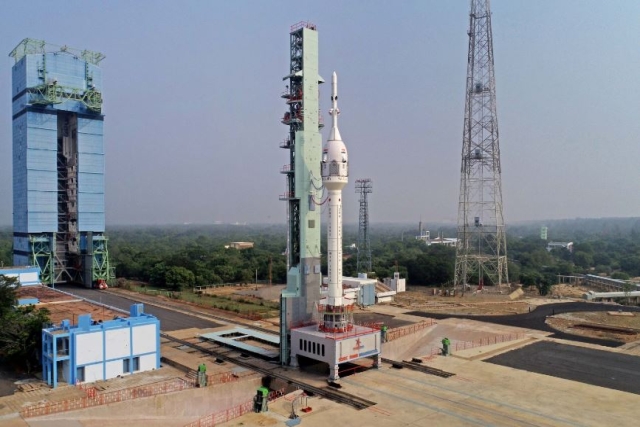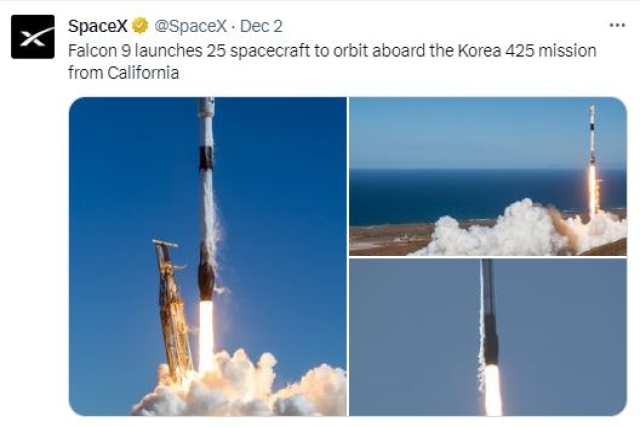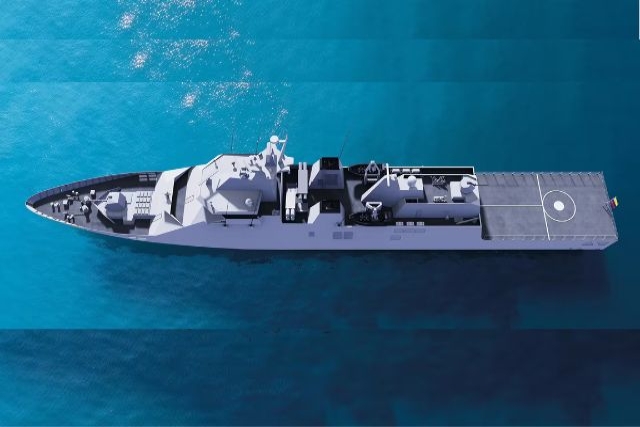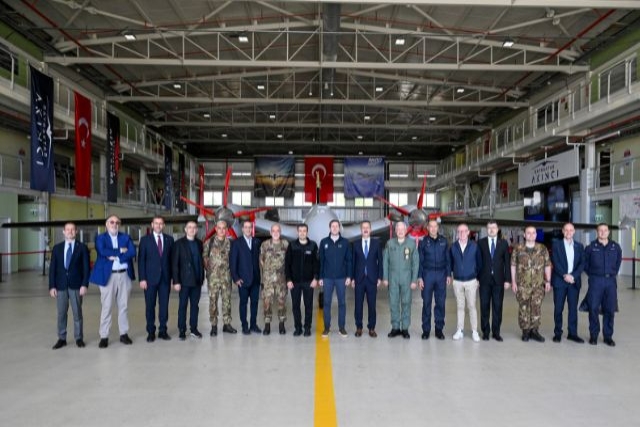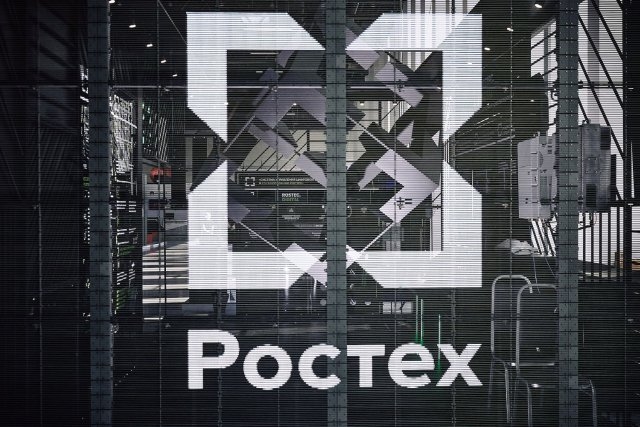Iran Offers to Launch Satellites of Other Countries
IRGC Space Commander Announces Readiness for International Satellite Launches
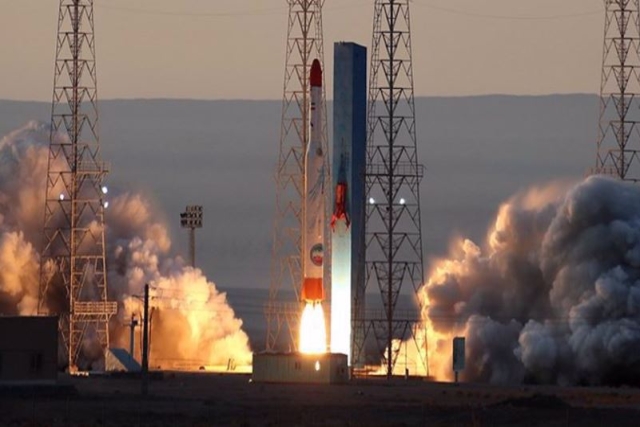
The space commander of the Islamic Revolutionary Guard Corps (IRGC) Aerospace Force, Sardar Jafar Abadi, has announced Iran's readiness to launch satellites for other countries.
This declaration came during a recent interview on a special news program, where Abadi also shared details about the successful launch of the Soraya satellite and outlined the IRGC's future plans in satellite launches.
Abadi underscored the significance of the Soraya satellite launch, describing it as the first collaborative effort between the IRGC and the government. Expressing satisfaction with the outcome, he stated, "Let's be happy and thank God; the launch was very good, and the satellite was placed safely in orbit."
Iran's Soraya satellite, launched by the IRGC, is a lightweight research satellite developed by the ISRC, boasting a 50-kilogram payload. With its cubic design, solar panels, and antennas, it successfully entered a record-setting 750 km orbit, and its estimated operational lifespan is three years. The launch utilized the Qaem-100 carrier rocket, representing the IRGC's latest solid-fuel rocket, surpassing its predecessor, Qased. This rocket is part of the Qaem series, designed for more advanced models capable of launching satellites into geostationary orbits. Iran's space program encompasses military satellites like Nour-1, Nour-2, and Nour-3, each with operational lifetimes of about two years.
Looking ahead, the commander expressed optimism about future launches, mentioning potential collaborations with the space organization and the government. Abadi then proposed the possibility of cooperation with friendly and neighboring countries possessing academic satellites or those with satellites under 100 kg.
He asserted that the knowledge employed in these endeavors is entirely indigenous, emphasizing that no external country has contributed information or knowledge in this specific field.
